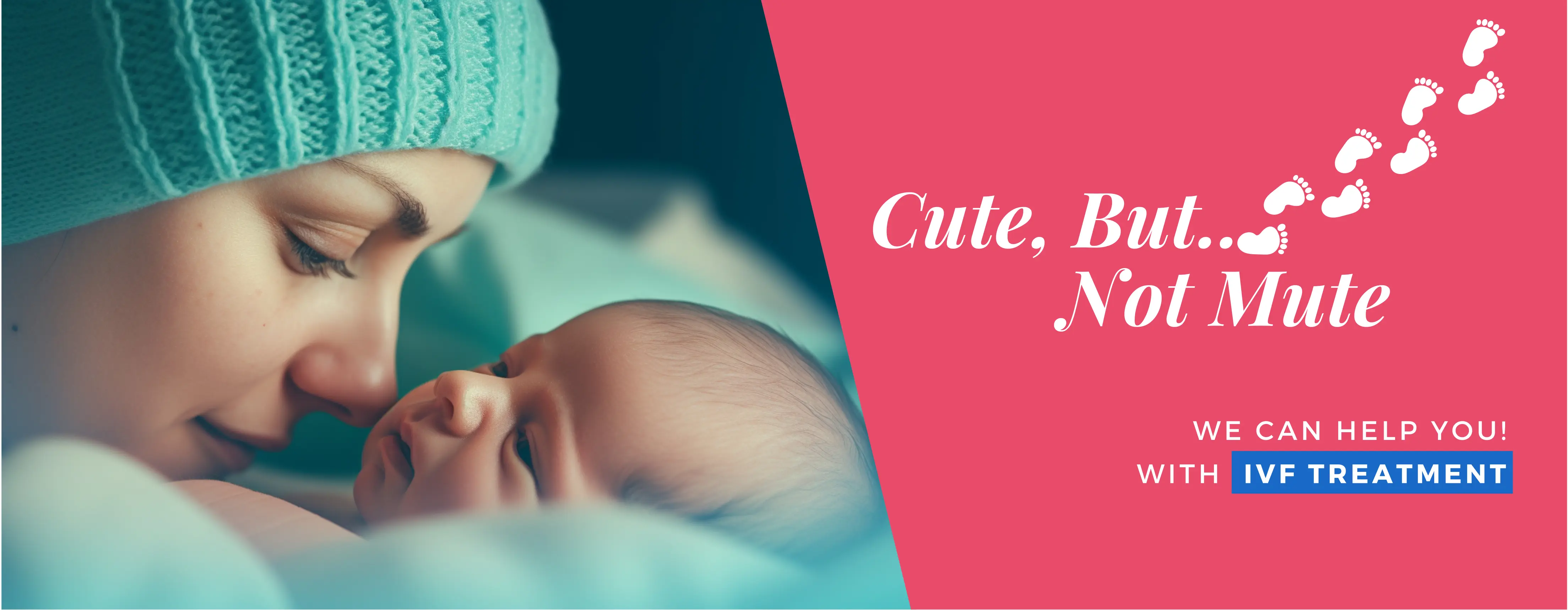
Sehgal Nursing Home is among the best IVF centres in Delhi. Dr. Ruchi Malhotra, the director of the clinic, is an experienced infertility specialist who has been practicing for over 30 years. All leading techniques like IVF, IUI and ICSI have always been included since the inception of the establishment. With the proper implementation of medical technology and a good team of healthcare professionals, Sehgal Nursing Home has provided healthcare solutions for couples seeking to initiate successful reproduction in Delhi.
The traditional form of assisted reproductive technology that helps couples conceive is known as In Vitro fertilization. The first stage is called ovulation induction, where the maturity and size of the ovaries are encouraged by the use of hormone medicines in producing many eggs.
The next step is a process to remove the mature eggs. These mature eggs, artificially inseminated by a laboratory, date to be inseminated either through normal methods inside the lab or ICSI. An embryo is cultured for three to five days after fertilization and then transferred, wherein one or more embryos are placed in the uterus.
There are a lot of reasons to go to Sehgal Nursing Home for IVF treatments in Delhi:
The IVF treatment in Delhi process at Sehgal Nursing Home involves several key steps:
Basic IVF cost in Delhi has been between ₹1,25,000 and ₹2,55,000 for one complete cycle with all standard procedures and diagnostics. However, the IVF price is contingent on various factors and people, so it is going to always differ.
Delhi is the hub for all IVF services, which, along with other treatments, adds to the cost. This table helps to know the IVF cost in Delhi when combined with other treatments in Delhi, which helps you decide better.
| IVF Treatment | IVF Cost | Inclusions |
| Basic IVF Treatment | ₹80,000 - ₹2,50,000 | Egg retrieval, sperm retrieval, fertilization, fresh embryo transfer |
| IVF Cost with ICSI | ₹2,00,000 - ₹3,00,000 | Advanced technology with enhanced fertilization chances |
| IVF Cost with FET | ₹1,50,000 - ₹3,00,000 | Enhanced chances of implantation, improved conception process |
| IVF Cost with PESA, TESA and TESE | ₹2,50,000 - ₹5,00,000 | Surgical sperm retrieval process |
| IVF Cost with Sperm Donor Program | ₹1,00,000 - ₹3,50,000 | A donor sperm program is suggested when all other methods fail |
| IVF Cost with Egg Donation | ₹1,80,000 - ₹3,50,000 | Beneficial for women who are unfortunate to ovulate |
| IVF Cost with Embryo Donation | ₹50,000 - ₹2,50,000 | Embryo donation is like adopting an embryo |
| IVF Cost with Surrogacy | ₹3,50,000 - ₹5,50,000 | - |
| IVF Cost with PGS/PGD | ₹1,50,000 - ₹2,50,000 | Determining chromosomes of the embryo to diagnose any genetic disorder |
IVF has relevance for all people facing fertility problems, including the young and the old. IVF is valuable to patients with blocked fallopian tubes, endometriosis, or male factor infertility. Also, women of advanced maternal age, patients with a low prognosis of natural conception, and those who need to use donated eggs or gestational carrier services. IVF is a way to help many couples who wish to have a child: single people and homosexual couples.
Finding the best IVF clinic near me can be daunting, but you should first collect information about the local clinics and review the information that patients share about the hospital. Its constituent aspects are, for instance, the qualification level of the medical team providing the service, the rate of successful operations, the types of offered services, and the technologies used.
Sehgal Nursing Home is the best IVF centre in Delhi that can offer experienced specialists and individualized treatment plans. Here, you will also get complex technologies to make the couples’ dream of having a child a reality.
Several factors influence IVF success rates, including:
Sehgal Nursing Home, the best IVF center in Delhi, is known for its success rates with IVF procedures through expert doctors and advanced equipment, making it a favorable place for IVF procedures.
Are you ready to experience world-class IVF treatment at the best IVF center in Delhi? Sehgal Nursing Home, led by renowned infertility specialist Dr. Ruchi Malhotra, is here to make your parenthood dream a reality. With advanced techniques, high success rates, and affordable treatment options, we provide compassionate care tailored to your unique needs.
Don’t wait any longer! Visit Sehgal Nursing Home, where expertise meets excellence in fertility care. Contact us today at +91-9354546835 or book an appointment online at www.sehgalnursinghome.com to start your journey toward a brighter, family-filled future.
The ideal candidates for IVF are the ones who are having trouble conceiving naturally for more than one year and if they are under the age of 35.
© 2024 Sehgal Nursing Home, Inc. All rights reserved | Website designed by Digital Net India